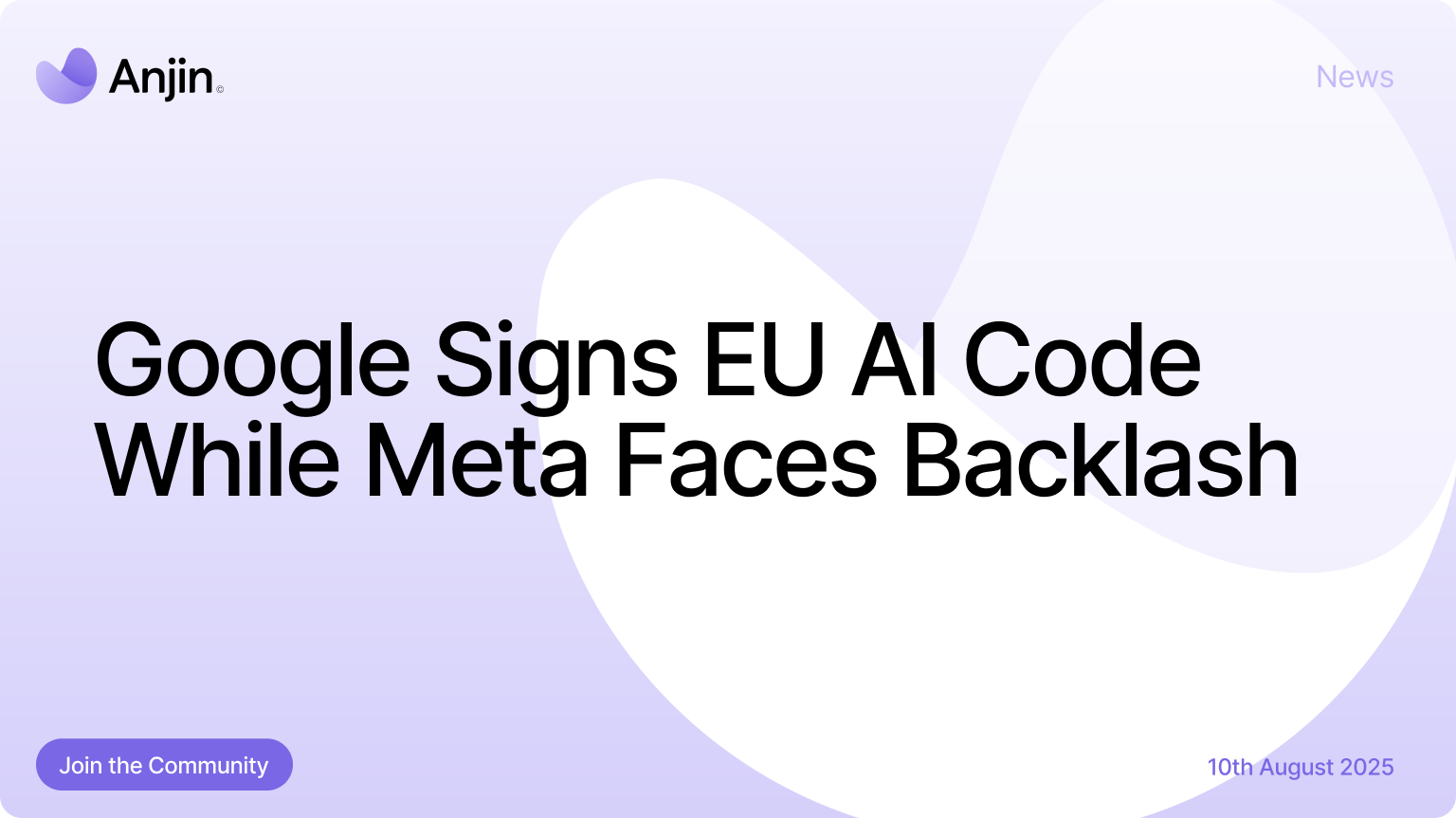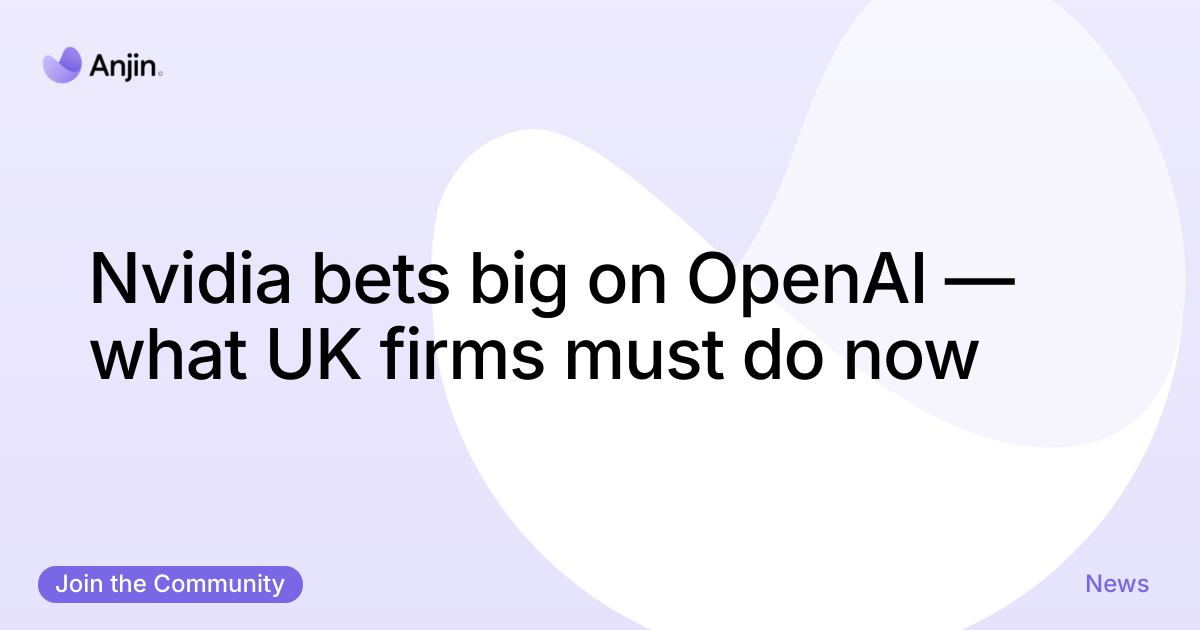Google's Commitment to the EU AI Code
In a significant move, Google has confirmed its commitment to the European Union's General-Purpose AI Code of Practice. This decision aligns Google with other tech giants like OpenAI and Mistral, who have also pledged their support. The EU's AI Code aims to ensure responsible AI development and usage across the continent, amidst growing concerns about the ethical implications of artificial intelligence.
According to a report from the European Commission, the AI Code is designed to provide a framework for transparency, accountability, and fairness in AI systems. The code's guidelines are expected to shape the future of AI innovation in Europe, setting a benchmark for global standards. Google's endorsement of the code reflects its commitment to ethical AI practices, a stance that could bolster its reputation among regulators and consumers alike.
However, not all tech companies are on board. Meta, the parent company of Facebook, has publicly declined to sign the code, citing concerns over its effectiveness in addressing copyright issues. This refusal has sparked a debate within the tech community about the code's ability to protect creative rights. A coalition of over 70 creative-rights organisations has labelled the code 'toothless', arguing that it fails to address the core issues surrounding copyright infringement.
Unseen Opportunities in AI Regulation
While the debate rages over the effectiveness of the EU's AI Code, an overlooked opportunity lies in the potential for companies to shape the future of AI governance. By participating in the code's framework, companies can influence the development of AI regulations that align with their business models and ethical standards.
Research from the European AI Alliance suggests that businesses involved in regulatory discussions are better positioned to adapt to new compliance requirements and mitigate risks. This strategic advantage could be invaluable as the AI landscape continues to evolve.
Tactical Playbook for AI Compliance
- Engage with industry bodies and regulatory forums to stay informed about AI governance trends.
- Audit existing AI systems to ensure they align with ethical guidelines and compliance standards.
- Invest in training for staff to understand the implications of AI regulations and best practices.
- Develop a compliance roadmap that outlines steps to meet regulatory requirements by the 2025 deadline.
- Collaborate with stakeholders to promote transparency and accountability in AI development.
How Anjin's AI Agent Can Help
For businesses navigating the complexities of AI compliance, Anjin's E-E-A-T Enhancer offers a robust solution. This AI agent is designed to improve the ethical, equitable, accountable, and transparent aspects of AI systems, ensuring they meet regulatory standards.
Additionally, the Competitor Tracker can provide valuable insights into how industry peers are adapting to the EU's AI Code, allowing businesses to benchmark their strategies effectively.
Take Action: Secure Your AI Future
With the 2025 compliance deadline looming, now is the time to act. Companies that proactively engage with the EU's AI Code can not only ensure compliance but also gain a competitive edge. Reach out to regulatory bodies, audit your AI systems, and explore solutions like Anjin's AI agents to secure your AI future.
For more insights and expert guidance on AI compliance, contact us at Anjin Digital today.





